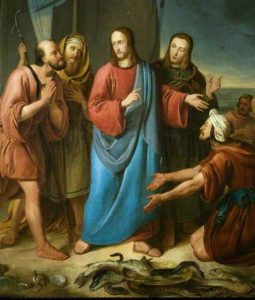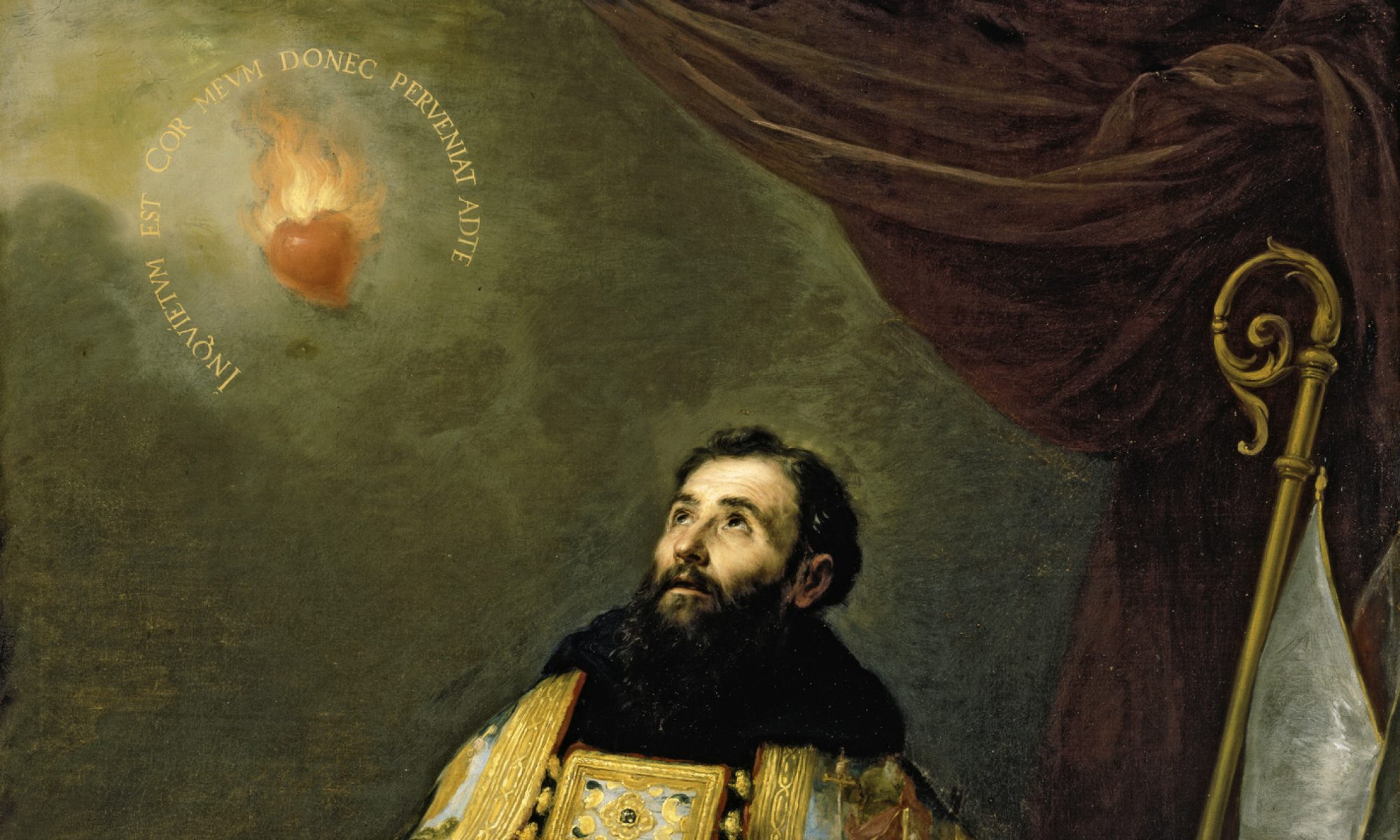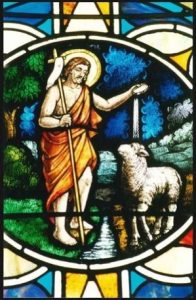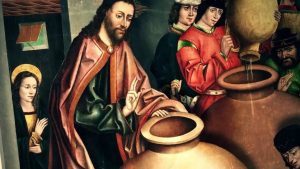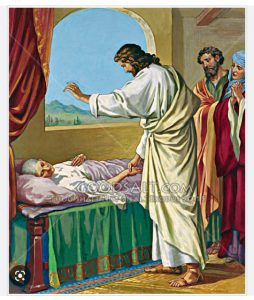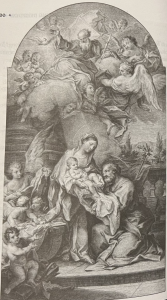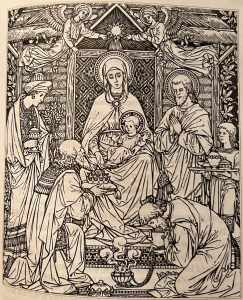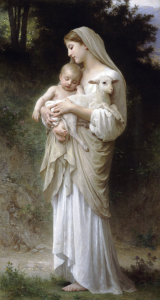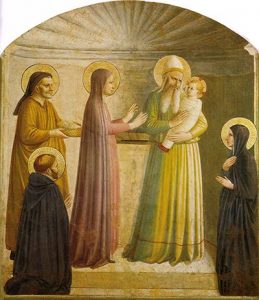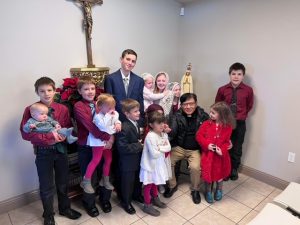Today is the 3rd Sunday in Ordinary Time, Year A. This is not really very ordinary because we must focus on the plan of God to save us, sending His only Son, Jesus Christ, the Light to those in darkness. He is the reason that in this time of the church calendar, we must grow, mature, and bear much fruit as witnesses and disciples of Christ, our Lord.
We are about to finish the first month of January 2023, and yet there are many people still groping in the dark, discouraged, in pain, troubled, in despair and continuously experiencing helplessness in life. The challenge is how to make them be able to be rescued from darkness to let them live with the light of Christ. This is the message of the first reading from the Prophet Isaiah saying, “The people who walked in darkness have seen a great light; upon those who dwelt in the land of gloom a light has shown.” We are asked to persevere in our faith so that our searching for the light would transform us to be the light of Christ for others to see. St. Augustine reminds us that, “God’s shining through us, we may have eyes to see and the hearts to love,”especially in this endemic period of our time.
The second reading from the Letter of St. Paul to the Corinthians tells us that “there be no divisions among you, but that you will be united in the same mind and in the same purpose.” It means that in sharing the light of Christ, we are one with Him in all things. We shouldn’t be carried away by the problems of the world, but we must focus on the abundance of grace through Jesus who lives with us and others to be encouraged to join us. St. Paul also reminds us that it is not about the wisdom of human eloquence. It is about the humility of the cross. This particular reading gives us plenty to think about. What is important is for us to live the gospel fully in all of our relationships within our family and faith community.
The gospel today taken from St. Matthew presents Jesus as the One who will bring relief and life. The gospel is divided into two parts:
First, it has mentioned some specific place for our reference and the quotation from Isaiah, saying, “The people who sit in darkness have seen a great light, on those dwelling in a land overshadowed by death, light has arisen.” And Jesus started preaching, “Repent, for the kingdom of heaven is at hand.” Jesus begins His public ministry.
Second, the calling of His apostles. As He was walking by the Sea of Galilee, He saw two brothers, Peter, and Andrew. They were fishermen who hear the invitation of Jesus, “Come after me and I will make you fishers of men.” They seemed comfortable, left their nets and followed Jesus with no questions about their immediate decision. They probably heard of Jesus’ miraculous deeds of healing and preaching and decided to take part in it. Later as they were walking, Jesus also met James and John, sons of Zebedee. The four new disciples of Jesus had witnessed more about Jesus’ ministry about the Kingdom of God which promises everyone freedom, eternal life, peace and true happiness.
Brothers and sisters, what makes Jesus appealing to us? I presume we have compelling reasons aside from seeking healing and hearing the gospel being preached before us. We have many personal reasons, some just being with someone; however, our attraction to Jesus is according to our own personal encounter that changes our lives. We become closely connected with Jesus because we accept Him as our God, who guaranteed our path and destiny to eternal life. Of course, some will drift away because their faith is weak. Their ultimate goal is to get their own gratification, and if not granted, then they look for another. God for them is like a machine if their wish is not granted. This is simply a “lukewarm” relationship with God.
We are all called to firmness of faith and intimacy with the Lord. Our constant prayers and openness to the Sacraments, especially the Eucharist, enable our hearts to be filled with much love for the Lord. As disciples and witnesses, we are open to learn and to absorb the teachings of our Master. It may be too much for others to comprehend, but Jesus calls us to “Repent,” which means change of heart, that is, be available to our being changed by our learning about this Jesus and to let God, enter into your life daily
God bless you.
Fr. Arlon, osa
——————————
El dictado del corazón: Tercer Domingo del Tiempo Ordinario
- Isaías 8:23-9:3
- Salmos 24:1, 4, 13-14
- 1 Corintios 1:10-13, 17
- Mateo 4:12-23
Hoy es el Tercer Domingo del Tiempo Ordinario, Año A. Esto no es realmente tan ordinario, pues se debe enfocar en el plan de Dios para nuestra salvación, enviando a Su único Hijo, Jesucristo, la Luz a los que están en tinieblas. Él es la razón por la que en este tiempo del calendario de la iglesia debemos crecer, madurar y dar mucho fruto como testigos y discípulos de Cristo, nuestro Señor.
Estamos a punto de terminar el primer mes de Enero del dos-mil-veintitrés y, sin embargo, hay muchas personas que todavía andan en la oscuridad, desanimadas, adoloridas, angustiadas, desesperadas y experimentando continuamente impotencia en la vida. El desafío es, que hacer para que puedan ser rescatadas de las tinieblas para vivir con la luz de Cristo. Este es el mensaje de la primera lectura del profeta Isaías que dice: “El pueblo que andaba en tinieblas ha visto una gran luz; sobre los que habitaban en la tierra de las tinieblas se ha mostrado una luz.” Se nos pide que perseveremos en nuestra fe para que nuestra búsqueda de la luz nos transforme para ser la luz de Cristo para que otros la vean. San Agustín nos recuerda que “Dios está brillando a través de nosotros, podemos tener ojos para ver y corazones para amar”, especialmente en este período endémico de nuestro tiempo.
La segunda lectura de la Carta de San Pablo a los Corintios nos dice que “no haya entre ustedes divisiones, sino que estarán unidos en una misma mente y en un mismo propósito”. Significa que al compartir la luz de Cristo, somos uno con Él en todas las cosas. No debemos dejarnos llevar por los problemas del mundo, sino que debemos centrarnos en la abundancia de la gracia a través de Jesús, que vive con nosotros y con los demás para que se animen a unirse a nosotros. San Pablo también nos recuerda que no se trata de la sabiduría de la elocuencia humana. Se trata de la humildad de la cruz. Esta lectura en particular nos da mucho en qué pensar. Lo que es importante para nosotros es vivir el evangelio plenamente en todas nuestras relaciones dentro de nuestra familia y comunidad de fe.
El evangelio de hoy tomado de San Mateo presenta a Jesús como Aquel que traerá alivio y vida. El evangelio se divide en dos partes:
Primero, ha mencionado algún lugar específico para nuestra referencia y la cita de Isaías, diciendo: “El pueblo asentado en tinieblas ha visto una gran luz, sobre los que habitan en una tierra ensombrecida por la muerte, ha resplandecido la luz”. Y Jesús comenzó a predicar: “Conviértanse, porque ya está cerca el Reino de los cielos”. Jesús comienza su ministerio público.
Segundo, el llamado de Sus apóstoles. Mientras caminaba junto al mar de Galilea, vio a dos hermanos, Pedro y Andrés. Eran pescadores que escuchan la invitación de Jesús: “Síganme y los haré pescadores de hombres”. Parecían cómodos, dejaron sus redes y siguieron a Jesús sin cuestionar su decisión inmediata. Probablemente escucharon de las obras milagrosas de curación y predicación de Jesús y decidieron participar en ellas. Más tarde, mientras caminaban, Jesús también se encontró con Santiago y Juan, hijos de Zebedeo. Los cuatro nuevos discípulos de Jesús habían presenciado más sobre el ministerio de Jesús sobre el Reino de Dios que promete a todos libertad, vida eterna, paz y verdadera felicidad.
Hermanos y hermanas, ¿qué hace que Jesús nos atraiga? Presumo que tenemos razones convincentes además de buscar sanidad y escuchar el evangelio predicado ante nosotros. Tenemos muchas razones personales, algunas simplemente estar con alguien; sin embargo, nuestra atracción por Jesús está de acuerdo con nuestro propio encuentro personal que cambia nuestras vidas. Nos conectamos estrechamente con Jesús porque lo aceptamos como nuestro Dios, quien garantizó nuestro camino y destino a la vida eterna. Por supuesto, algunos se alejarán porque su fe es débil. Su objetivo final es conseguir su propia gratificación, y si no se la conceden, buscan otra. Dios para ellos es como una máquina si no se les concede su deseo. Esta es simplemente una relación “tibia” con Dios.
Todos estamos llamados a la firmeza de la fe y a la intimidad con el Señor. Nuestras oraciones constantes y nuestra apertura a los Sacramentos, especialmente a la Eucaristía, permiten que nuestros corazones se llenen de mucho amor por el Señor. Como discípulos y testigos, estamos abiertos a aprender y absorber las enseñanzas de nuestro Maestro. Puede ser demasiado para que otros lo comprendan, pero Jesús nos llama a “arrepentirnos”, lo que significa un cambio de corazón, es decir, estar disponibles para que seamos cambiados por nuestro aprendizaje sobre este Jesús y dejar que Dios entre en tu vida todos los días.
Que Dios los bendiga.
Padre Arlón, osa
